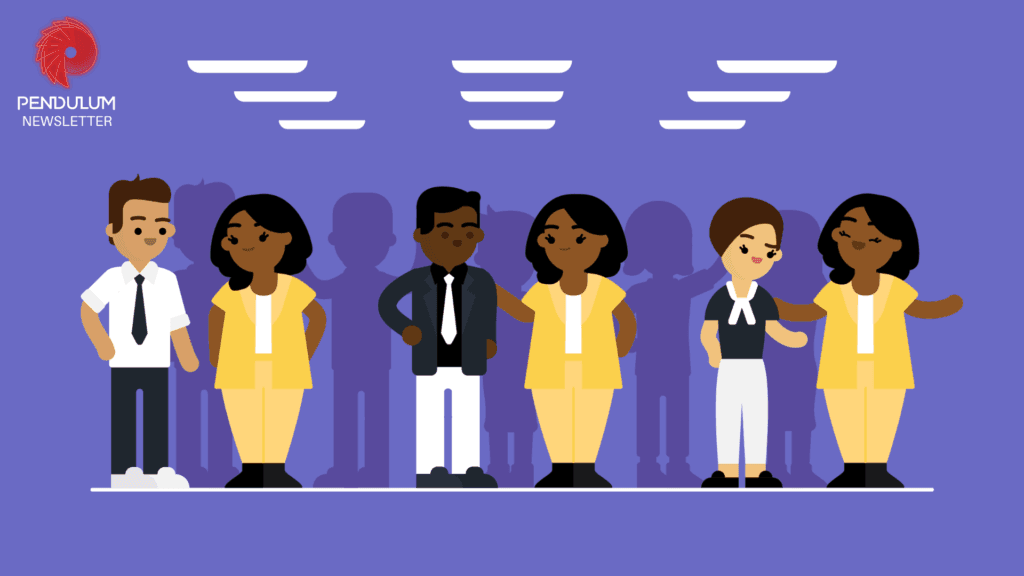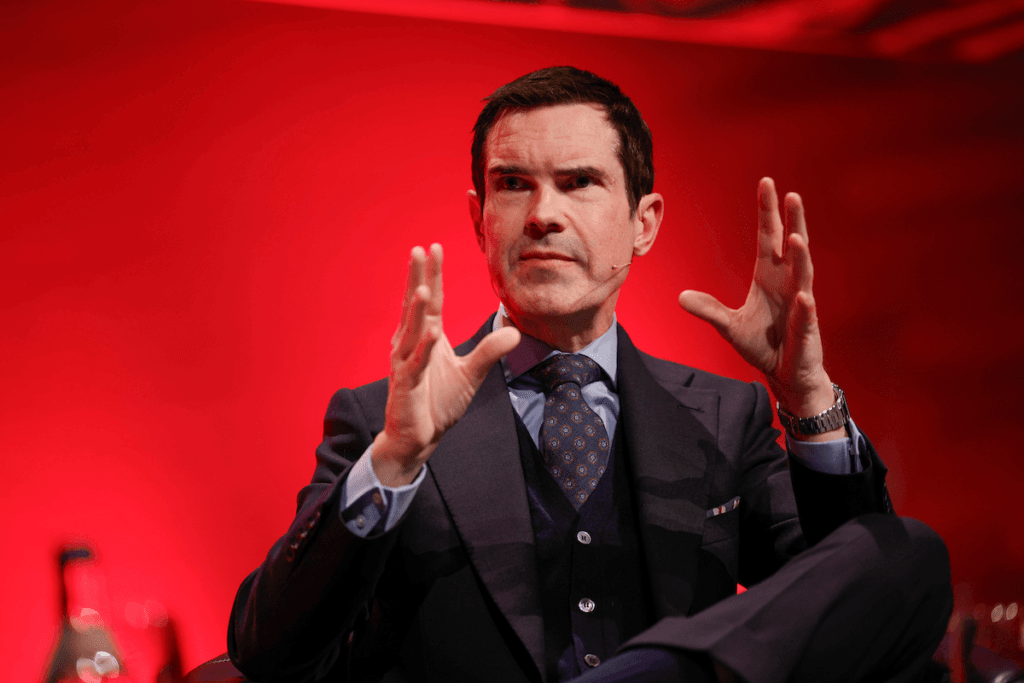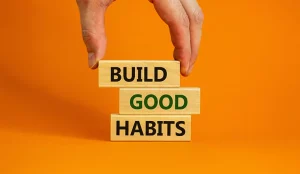🤝 It’s Not Just Who You Know…
You’ve heard the phrase: “Your network is your net worth”, but let’s be honest: networking often feels forced, awkward, or overly transactional. Business cards get exchanged, LinkedIn connections made, but the conversation ends there.
What if we told you that real networking, the kind that shapes careers, sparks ideas, and supports wellbeing is actually backed by science?
This edition of the Pendulum Newsletter breaks down what research tells us about meaningful human connection, and how to build a network that’s truly worth having.

1. Your Brain Is Built for Bonding
We are hardwired to connect. Social interaction isn’t just a nice-to-have, it’s essential for cognitive function, emotional health, and long-term success.
Research from the International Journal of Clinical and Health Psychology found that positive social connection activates the same brain reward centres as money and food. Meanwhile, social isolation has a comparable health risk to smoking 15 cigarettes a day.
In work environments, the data is even more compelling:
- Gallup found that employees with a “best friend” at work are 7x more likely to be engaged.
- Teams with strong internal networks show higher resilience, creativity, and retention
Connection isn’t a “soft skill”, it’s a survival skill – and a performance one, too.
2. Weak Ties, Strong Outcomes
It’s easy to believe that close connections matter most. But it’s actually your looser ties, acquaintances, former colleagues, even one-off conversations that can have the biggest impact on opportunity.
In 2022, over 20 million LinkedIn interactions were analysed and found that people were 2-4x more likely to land new opportunities through weak ties than close ones.
Why? Because:
- Weak ties offer fresh perspectives
- They connect us to new industries and geographies
- They help us escape echo chambers
That five-minute conversation you have in a hallway or during a break? It might just change your trajectory.
3. Good Networking Is Listening, Not Selling
We often feel pressure to “stand out” when meeting new people. But research shows that the most likeable, memorable individuals aren’t the ones who talk the most are the ones who ask thoughtful questions.
A Harvard Business School study revealed that people who asked follow-up questions were seen as more competent, more empathetic and more trustworthy
Try this: Instead of “What do you do?”, ask “What’s something you’re excited about right now?” It leads to a richer, more human interaction.
4. Relationships Are a Long Game
In the age of instant everything, networking still takes time. Meaningful professional relationships aren’t built at once, they’re grown over time with small moments of presence, generosity, and follow-up.
According to the Journal of Applied Psychology, people who consistently maintain professional relationships (even briefly) experience:
- Stronger career progression
- Greater psychological safety at work
- Higher long-term job satisfaction
Networking isn’t an event. It’s a habit.
💬 Final Thought: Fewer Cards, More Conversations
The best connections often start in unexpected places with a curious question, a shared insight, or a quiet act of kindness.
So if networking feels daunting, remember: it’s not about being the loudest person in the room. It’s about being the most present.
Ask well. Listen better. Follow up slowly.
That’s where the magic happens.
Looking Ahead to Pendulum 2026
If this year’s event is anything to go by, Pendulum Summit 2026 is set to raise the bar yet again. The early buzz suggests another powerhouse line-up and even more tailored leadership content.
Tickets are already in demand, with early-bird packages available now for teams looking to secure their place at the world’s leading business and self-empowerment summit. Visit here for more information.







